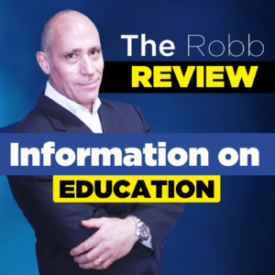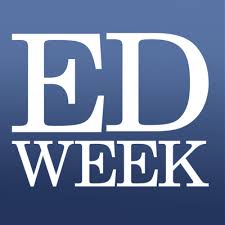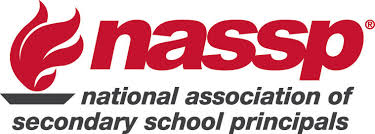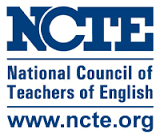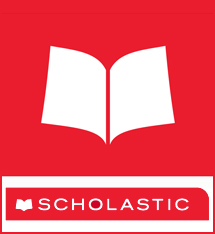THE SECRET TO GREAT DISCUSSIONS
Breathe in, Hold for 10, and Try These 5 Techniques that Ensure Students Do the Talking
by Laura Robb
We all know the statistics and, well, we talk right over them! Teachers do far too much talking in the course of the day, and students do far too little. I don’t say that to teacher-bash, but rather as a way to invite you to hit the pause button on over-explaining and over guiding, and try these techniques that lead to student-driven, amazing discussions about the content you teach.
- Model the mindsets. You gotta be all-in! Fully commit to the goal of your students controlling the learning conversations. Talk about and co-construct charts of the characteristics of productive dialogue. The key characteristic? Active listening, which means students concentrate on what the speaker is saying and push aside distracting thoughts. Active listeners learn to respect theories and conclusions that differ from theirs—as long as the text provides adequate support for the assertions.
- Remember, old habits die hard. Raising hands doesn’t cut it during student-led conversations, so you’ll have to wean students off of that tradition. Instead, students talk, one at a time, while peers listen and process ideas. Once a student finishes, a peer jumps into the conversation. Tempted to rescue the conversation? Hold your breath, count to 10, trust your students. With practice in whole group, small group, and partner discussions, your students will thrive in a month or two.
- Equip students with question types. Model what it means to arrive at a guiding question, and then coach students to develop their own. Guiding questions are those that can go broad and go deep, and align with students’ authentic curiosities about an issue. For example, fourth-graders were investigating self-selected books on natural disasters. Students agreed on this guiding question: How do natural disasters affect people’s lives? Even though each student read a different book, the guiding question was broad enough to stimulate rich conversations. Interpretive questions are also open-ended and have more than one answer. Have students consider verbs that will help them pose interpretive questions: analyze, examine, compare and contrast, evaluate, show, classify, I hand out lists of prompts to keep the discussion flowing to each student, so they have this concrete support at first.
- Find your new niche. During discussions, especially as students are just getting the hang of purposeful dialogue, listen from the sidelines and every once in a while, and only when absolutely necessary, pose a clarifying question—one that nudges students to get back on course or go deeper in some way. For example, maybe the question gets a student to say more, define a term, go back to the text, or think about whether he or she still believes his position. Author Renee Houser reminds us that a lot of this nudging can be done without our even talking! Think about non-verbal gestures and facial expressions that might work.
- Be a listener. One of the many benefits of student-led discussions is that they allow you to listen and look at your students in new ways. Ask such questions as: Who is doing most of the talking? Which kids are obsessed with the same authors or topics? Who is particularly adept at active listening or posing questions? Which students have natural rapport? Who might I pair that may be in different groups of friends, but I now see will be great talk partners?
Give Yourself the Gift of Time
Changing to student-led discussions won’t happen overnight! There’ll be bumps and roadblocks along the way. That’s a natural result of taking risks and putting students in the discussion driver’s seat! It’s comforting to make the changeover with a colleague so you can chat, support one another, observe each other’s classes and move steadily forward. Be daring. Start today.
![]()



